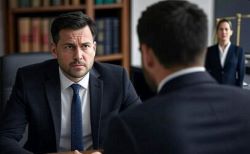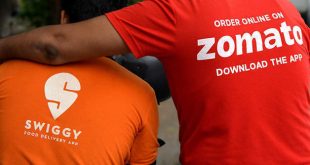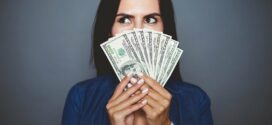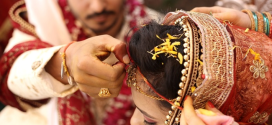After Queen Elizabeth II, who ruled for a record 70 years over England, Charles III and his wife, Camilla were crowned as the king and queen of the United Kingdom. They will also be the king and queen of other Commonwealth realms.
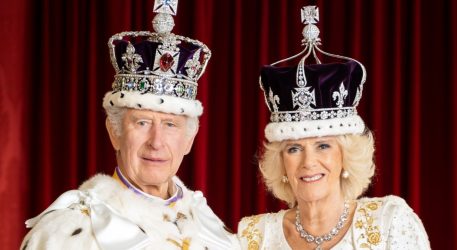
With grand celebrations of the coronation across the globe, it makes us wonder what special powers does the British Royal Family have. To understand that, here are some of the incredible powers of the King of the United Kingdom you probably didn’t know existed.
No driving license or number plate – While commoners and even Members of Parliament can be fined for driving without license, the King or Queen of the United Kingdom does not have to worry about such petty things. The Monarch is probably the only individual who does not need a driving license. They are also not required to have a number plate.
No passport required – The King or Queen do not require a passport to travel. However, other members of the royal family need to have passports. King or Queen do not need a passport, as all passports are issued in the name of King or Queen.
Double birthdays – The King or Queen usually have two birthdays. One is their actual birthday, which is celebrated in private. The other is the public birthday, which is celebrated with outdoor parades and other such things.
No tax – Commoners have to bear the burden of tax. However, the King or Queen have no such obligations.
Private cash machine – An ATM is installed inside Buckingham Palace. The King and Queen and other royal family members can access this private cash machine. The service is provided by Coutts, which is one of the oldest banks in the world.
No voting rights – It is apparent that the King and Queen have to remain neutral. As such, they do not have voting rights.
Personal poet – The King or Queen is entitled to a poet laureate who works exclusively to create verses for the monarch. The current serving poet laureate is Simon Armitage. He has been in this role since May 2019.
No arrests – The King or Queen cannot be arrested, as they have immunity from prosecution. Another privilege available to all royals is exemption from Freedom of Information requests.
Role in parliament – As part of tradition, the monarch convenes the parliament every year. The UK parliament comprises the House of Commons, House of Lords and the Monarch. The King of the United Kingdom invites the winning party to form the government and appoint the prime minister. A policy speech is also given by the Monarch from the throne in the House of Lords. However, the speech itself is written by the government.
Royal Assent – The ruling King or Queen of the United Kingdom provides approval to the bills that have been passed with majority in both the House of Commons and the House of Lords. This is referred to as the Royal Assent. After the Royal Assent, the bill becomes a law. There can be situations when Royal Assent can be denied. However, such cases are very rare.
Head of Commonwealth realms – The Monarch is the head of the Commonwealth of Nations. It comprises 56 independent nations, which together have a population of around 2.4 billion. The King or Queen is also the Head of State of the Commonwealth Realms that includes 14 countries. Some examples include Australia, Canada and Jamaica.
 Newspatrolling.com News cum Content Syndication Portal Online
Newspatrolling.com News cum Content Syndication Portal Online

